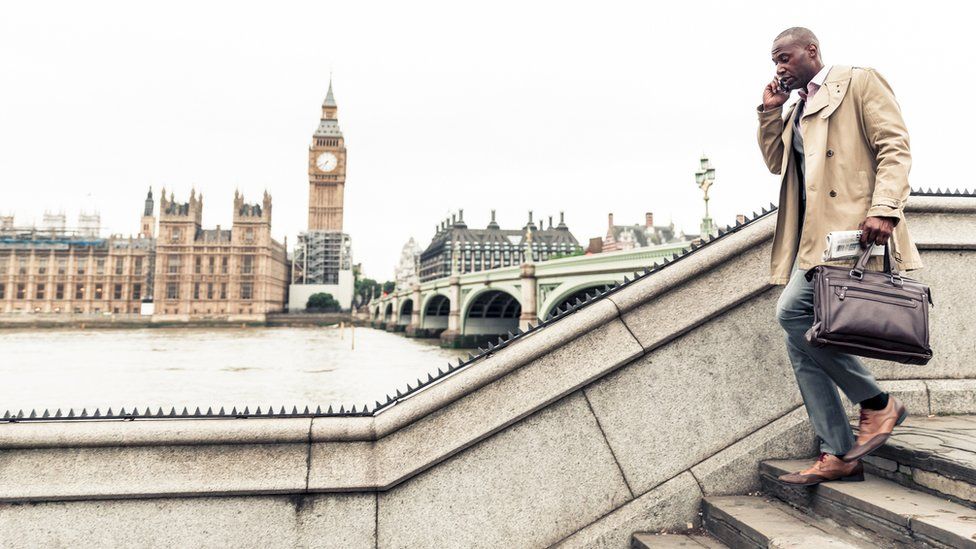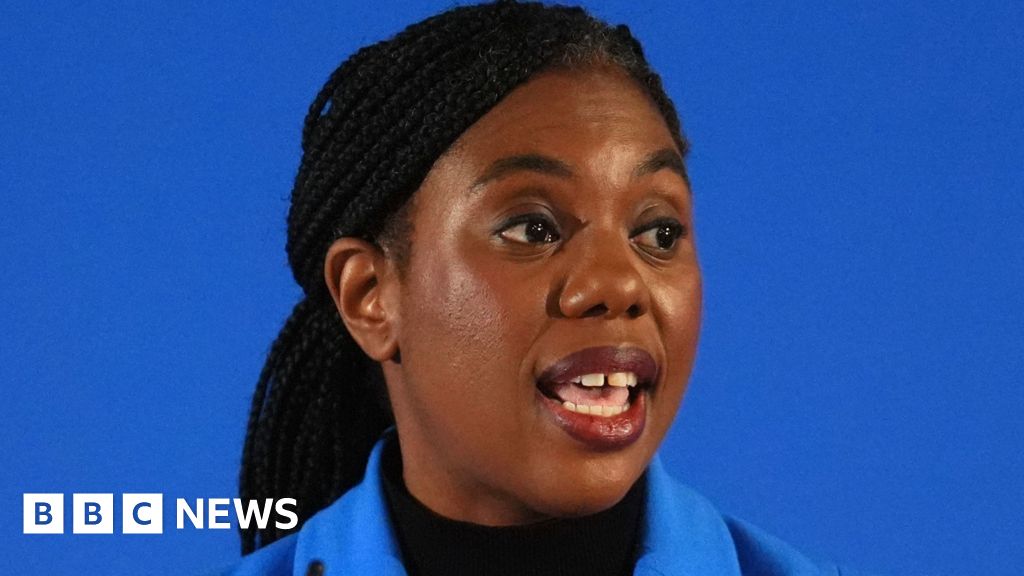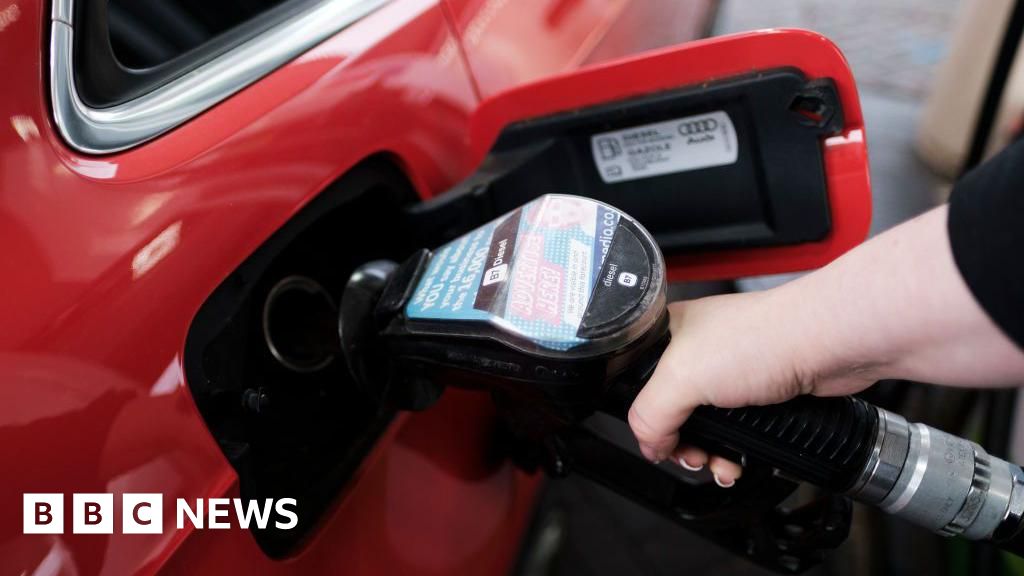ARTICLE AD BOX
 Image source, Getty Images
Image source, Getty Images
By Simon Jack
Business editor
The UK's reputation for financial stability was dented by a year of political turmoil, says the boss of insurance giant Lloyd's of London.
John Neal said confidence in the UK had been hit by a high turnover of prime ministers and a mini-budget which saw the pound drop and mortgage rates soar.
He said he believed the government could recover its credibility by working with business to get it right.
The government said it had taken action to "restore economic stability".
As the world's largest insurance market, Lloyd's of London is one of the leading financial institutions in the City of London. It insures a variety of risks from all over the world and is sensitive to the UK's reputation.
Mr Neal said the UK's reputation for economic stability had suffered in September when then-Prime Minister Liz Truss and then-Chancellor Kwasi Kwarteng announced £45bn of unfunded tax cuts.
This was followed by days of turmoil on the markets, a fall in the value of the pound and rises in the cost of UK government borrowing and mortgage rates.
Mr Neal said other factors that harmed the UK's reputation included having three prime ministers and four chancellors in 2022 as well as the additional costs associated with Brexit.
"All of them don't help us because I think we had huge credibility around stability and certainty," he said. "And I think what we need to do through 2023 and 2024 is begin to rebuild that stability."
He said the UK should not take its position as a global financial centre for granted.
"We're at an important moment. We've really got to re-prove our value proposition, I think there's a responsibility on government and us in business to get it right.
"I think we can get it right but we have got to work hard," he said.
The government said it had taken "difficult decisions on tax and spend" to restore economic stability in the UK.
"We are now focusing on halving inflation, reducing our debt, and growing the economy - including reforming EU-era insurance rules that could unlock over £100bn in investment," a spokesperson added.
John Neal said three prime ministers and four chancellors in one year had not helped the UK's reputation for stability
Last year was not just a turbulent 12 months in politics, it was a risky and expensive one for insurers. The industry saw losses of more than $120bn (£100bn) from natural disasters - 20% higher than the five-year average.
Mr Neal predicted the increasing frequency and severity of floods, hurricanes and wildfires would see that trend continue to rise as the climate changes.
"I would be really disappointed if you ever sat down with an insurer who denied climate because the statistics are terrifying both in terms of frequency and severity," he said.
The Lloyds market could provide insurance of up to $200bn but at a cost, he added.
"We can provide insurance but does the cost of that insurance go up? The answer is definitively yes. But there still is an opportunity for the individual to be protected."
You might expect an insurance salesman to say that but he said there are some risks the Lloyd's market could not fully cover.
One of the fastest emerging classes of risk is cyber-attack. So far the market is small - just $12bn worldwide - but Lloyds has made it clear that state-sponsored systemic cyber-attacks will not be covered.
"If it was a Russian state-sponsored attack that systemically attacks software, you know, there's no way that any industry has got the money to cover that. That could be a loss of $300 or $400bn I mean, it could be that big," Mr Neal said.
Asked how Lloyd's would know if an attack had been launched by a state, he said: "We would have to take our lead from governments as to how they classified such an attack."
Given the stakes, that could make for an interesting conversation between governments and insurers as to who pays for what.
Unpaid claims
A more recent systemic risk was Covid and Mr Neal admitted the pandemic was not a great moment for Lloyd's.
There were protracted disputes about whether so-called business interruption policies to compensate firms for closure were covered by existing policies. There has been a fourfold increase in legal action against insurers for unpaid claims.
"It [insurance] didn't do its job I agree. So I don't think that was a good day. And I think there's a real pressure on us for ourselves, and the regulators not to repeat that situation," he said.
But Mr Neal insisted the world has rarely needed insurance more.
"There are only three times in 200 years when we really mattered. And this is one of them," he said.
"If you think of recent events, you know we've had Brexit, we've had Covid, the evidence of systemic risk. We debate climate, we've got war in the Ukraine.
"Whether you're an individual going through the economic challenges that everybody has today with food prices and energy prices, or a business, risk is at the forefront of your mind.
"And our job on our best day is to give an individual or a business the confidence to make the brave financial decisions they need to make."

 2 years ago
56
2 years ago
56








 English (US) ·
English (US) ·